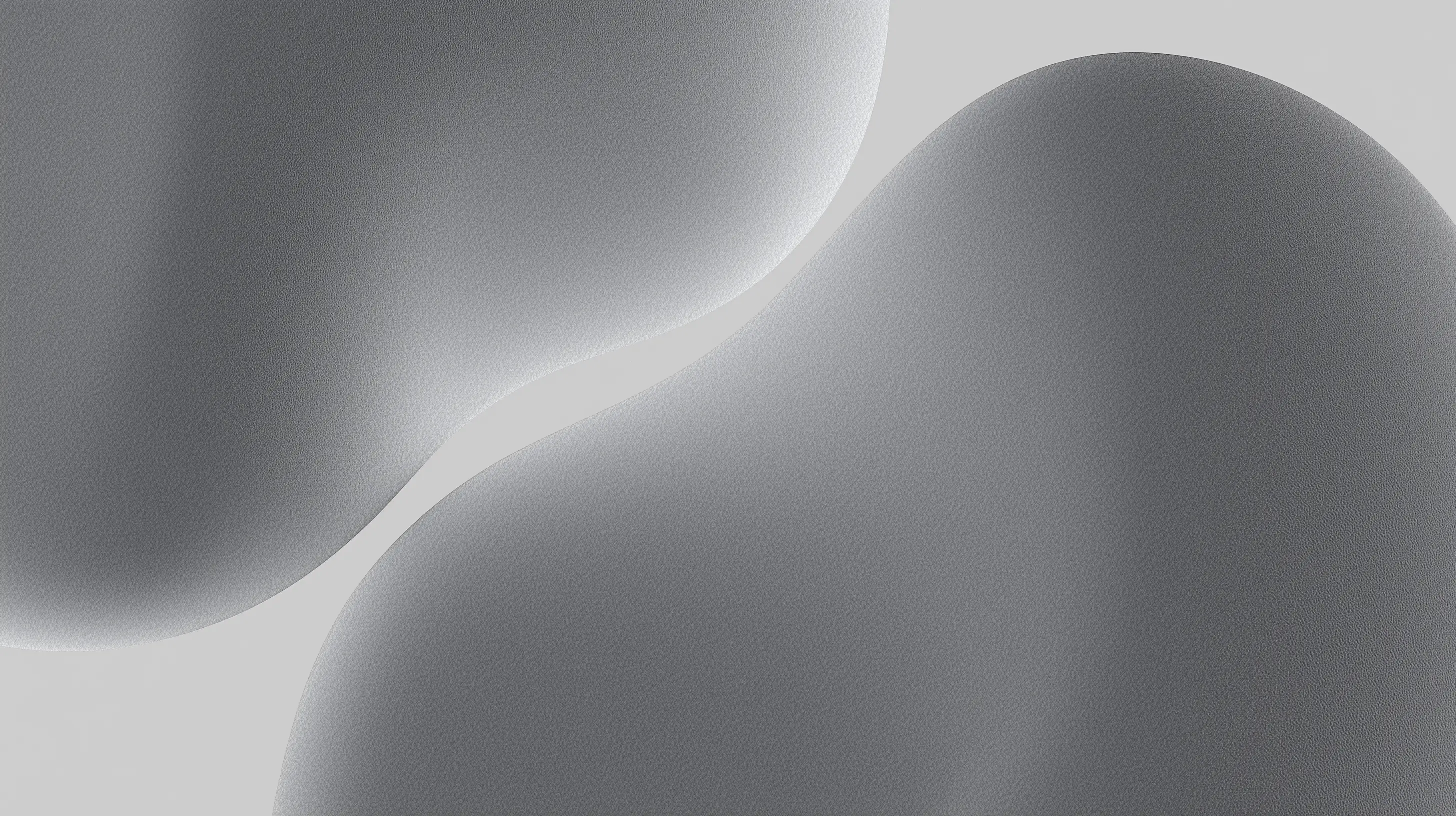No. 8
Shashank Jaitly
Embryo-Maternal Immune Tolerance at the Impantation Site
"Implantation of the blastocyst in the uterine wall is a vital step in mammalian development. At embryonic day four and a half (E4.5) the mouse blastocyst attaches to the uterine wall and initiates implantation. The trophectoderm (TE) cells differentiate into the so-called trophoblast giant cells (TGCs) which penetrate the uterine epithelium and invade the endometrial stroma. In turn, the stromal cells rapidly proliferate to form the decidua, a specialized compartment that engulfs the implanting embryo to support its further development. Three phases with specific inflammatory profiles have been reported during pregnancy. Starting with implantation, early pregnancy is associated with the establishment of a pro-inflammatory environment, which switches to an anti-inflammatory stage during the fetal growth, followed by a final pro-inflammatory phase at the time of parturition (delivery). This suggests a dynamic modulation of the immune response at the maternal-embryo/fetal interface during the progression of pregnancy. Here we examine the first phase aiming to understand the cellular principles governing the maternal immune tolerance to the implanting embryo.
Focusing on the natural killer (NK) cells, which are the most abundant decidual leukocytes, our preliminary data show that a “no entry” zone for the NK cells is established around the embryo. Yet, the NK cells exhibited cytotoxicity in vitro eliminating the embryo when placed in close proximity. Thus, we show that the maternal immune system does not “tolerate” the semi-allograph properties of the embryo, but rather the remodeling of the stromal tissue during decidualization restricts the access of the NK cells to the conceptus."

